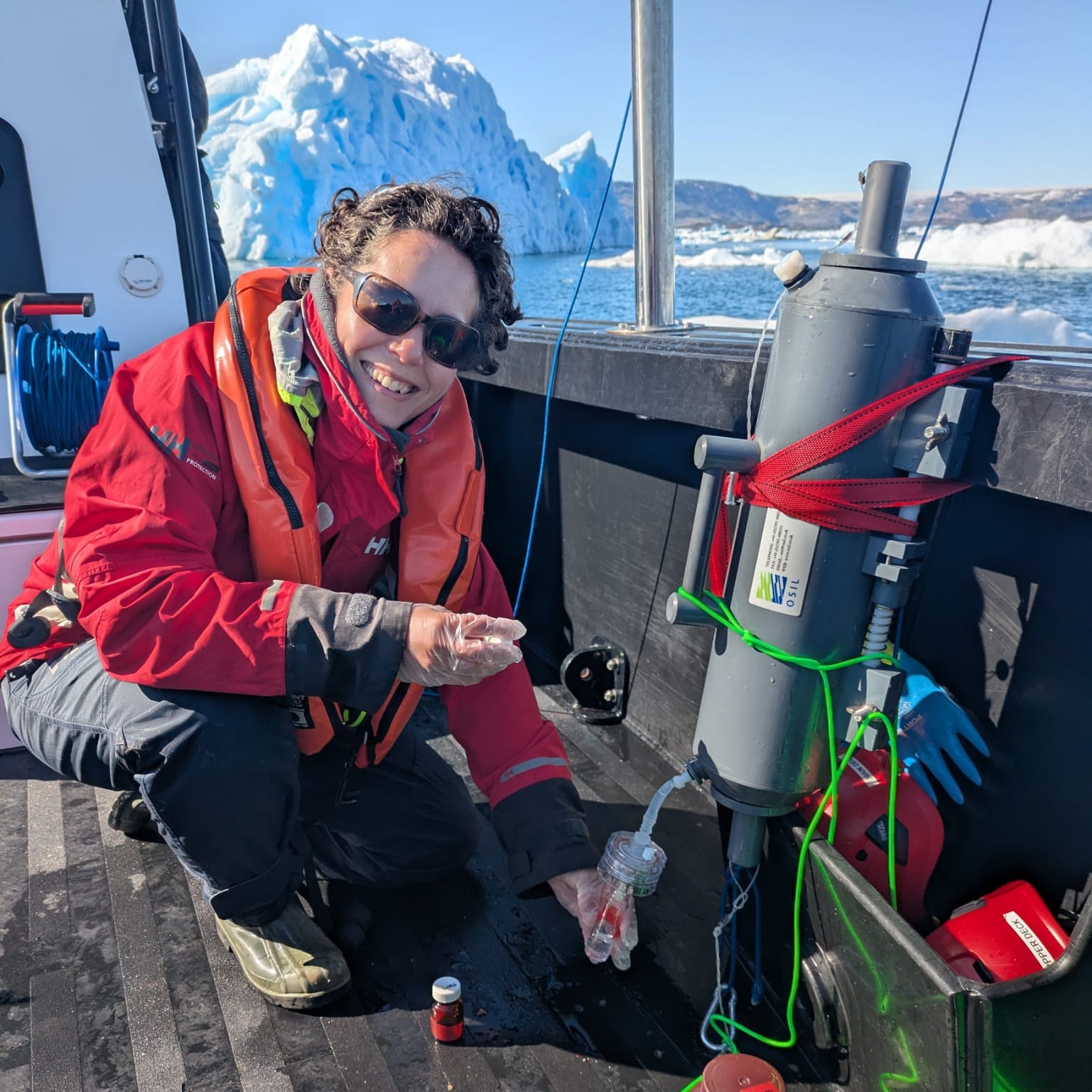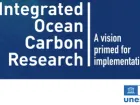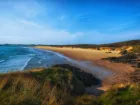Our planet is a blue planet
The ocean covers the majority of Earth’s surface, regulating climate, absorbing carbon, and sustaining life on a global scale. Yet vast areas remain unexplored, and the ocean’s critical role is often underestimated.
Our 2025–2035 strategy sets out how we will lead the next decade of ocean science. It is built on a commitment to knowledge that is not only rigorous, but purposeful, accessible, and applied for the benefit of society and planetary health.
Visit our Strategy WebsiteBe part of the community shaping our ocean’s future
Get involvedInto the Blue Podcast
Into the Blue, a new podcast produced by the National Oceanography Centre, will dive deeper into a variety of hot topics relating to oceanography with a diverse selection of scientists who are all helping to enhance our knowledge of the ocean.
Watch or listen to the podcastsNOC Annual Report and Finances
In our latest Annual Report and Financial Statements, we share the great success stories as the UK’s leading marine research charity, building a world where everyone feels empowered and inspired to help the Ocean thrive.
Read the NOC Annual Report and Finances (pdf)The NOC provides Facilities to the UK Marine Research Community
Advances in ocean science depend on measurements in the ocean. Satellite observations provide data for the surface layer of the ocean. To penetrate beyond the surface, scientists rely on in situ physical measurements from a range of platforms, including research ships, ocean observatories, moorings, and autonomous underwater and surface vehicles.
More about FacilitiesWorld-leading innovative Science and Technology underpinning the Ocean Economy
The National Oceanography Centre is in a unique position of having world-leading multi-disciplinary scientific and technical expertise which can help unlock the economic and societal potential of the ocean across a range of industry sectors.
Working with BusinessIn the Spotlight
-
Marine Geohazards
Underwater phenomena including: landslides, volcanic eruptions, turbidity currents and tsunamis; these represent a threat to humans and the environment.
-
RRS Discovery Virtual Tour
Explore one of the world’s most advanced research vessels from bridge to engine room.
-
FLAME
Aims to establish a Global Coastal Ocean Model Intercomparison Programme that will provide climate change impacts and hazard assessments to future IPCC reports.
-
Online Learning
A free Ocean Science in Action educational video course.





